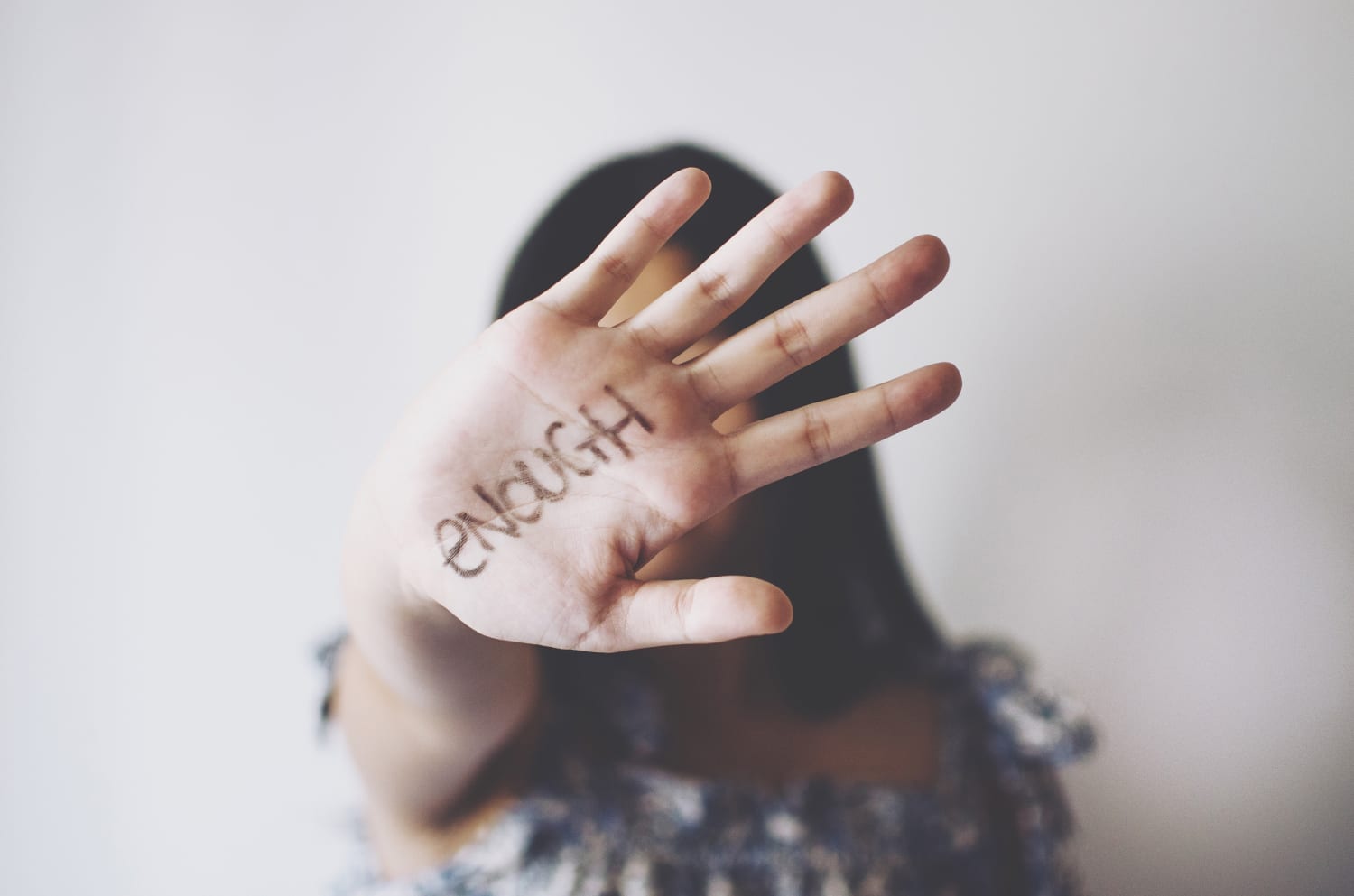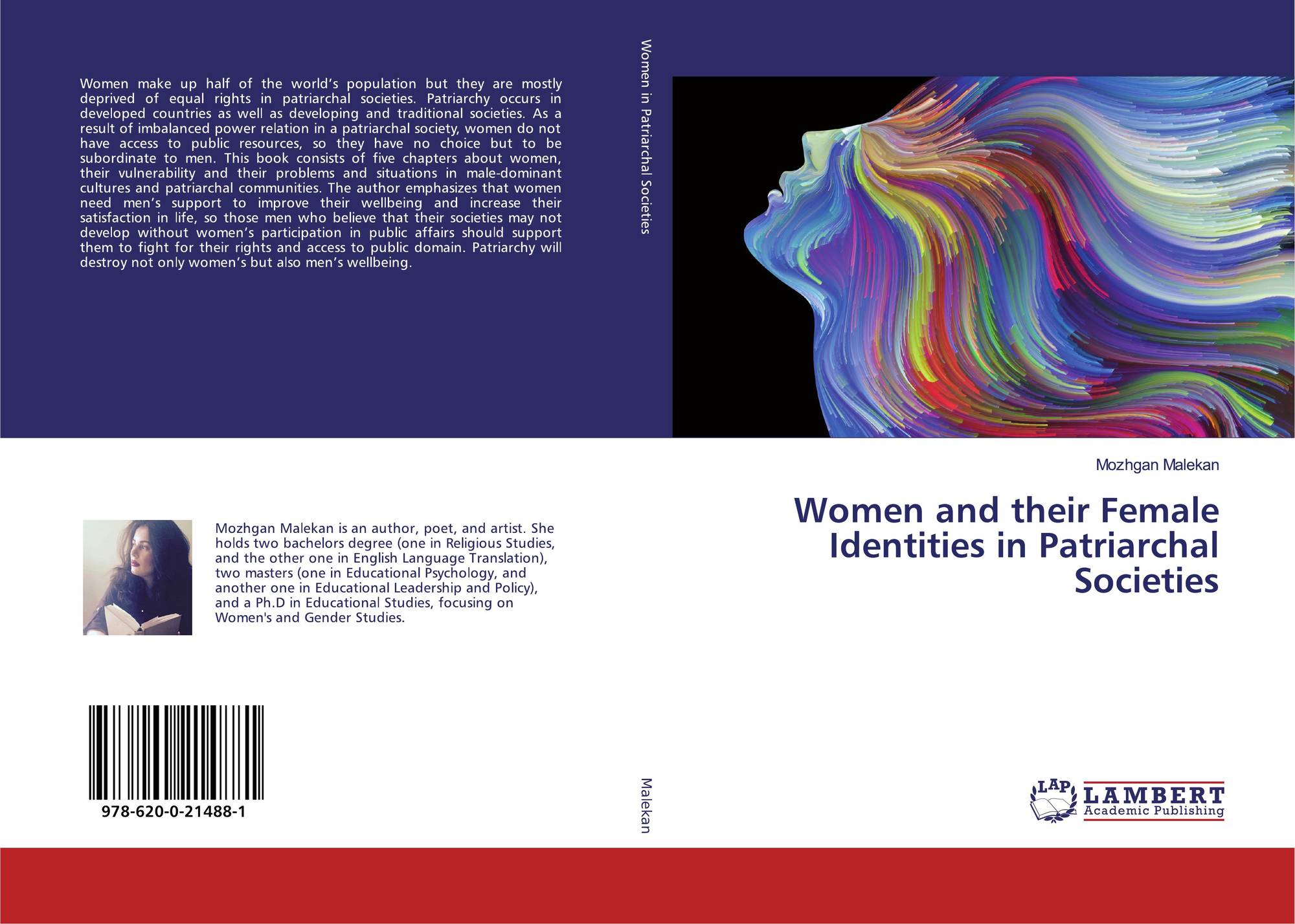Betrayed Again: The Unseen Struggle Of 1950s Women In Patriarchal Society
The 1950s was a time of great social change, but for women, it was also a period of great oppression. Despite the glamour and glitz of the era, women were trapped in a patriarchal society that dictated their every move, their choices, and their opportunities. This was a time when women were expected to be homemakers, caregivers, and nothing more. They were expected to put their families first, sacrificing their own desires, dreams, and ambitions for the sake of their husbands and children.
This societal pressure took a toll on the mental and emotional well-being of women, leading to feelings of resentment, frustration, and disillusionment. Many women felt like they were living a lie, pretending to be happy with their roles in society, while secretly seething with anger and resentment. The societal expectations placed on women were so rigid and unyielding that many women felt like they had no choice but to conform, even if it meant sacrificing their own happiness and autonomy.
The effects of this societal pressure were far-reaching, affecting every aspect of women's lives. Women were denied access to education and employment opportunities, and were forced to conform to narrow and restrictive beauty standards. They were expected to be submissive, obedient, and silent, with no voice or opinion of their own. This was a time when women's bodies were seen as objects, not as human beings with their own desires and needs.
The Limited Roles and Expectations
Women's roles in society were strictly defined, with narrow and restrictive expectations placed on them. They were expected to be homemakers, caring for their families and managing the household. They were expected to be domestic servants, catering to the needs of their husbands and children. They were expected to be subservient, obedient, and silent, with no voice or opinion of their own.
- Women were not allowed to participate in politics, economics, or other fields that were considered male-dominated.
- Women were expected to be homemakers, not entrepreneurs or business owners.
- Women were expected to be caregivers, not professionals or workers.
- Women were expected to be submissive, obedient, and silent, with no voice or opinion of their own.
This limited perspective on women's roles was reinforced by societal norms, laws, and cultural expectations. Women were expected to conform to narrow and restrictive beauty standards, and were shamed and ridiculed for not meeting these expectations. They were expected to be quiet and submissive, with no voice or opinion of their own.
The Unrealistic Beauty Standards
Women's beauty standards were unrealistic and unattainable, promoting a culture of body dissatisfaction and low self-esteem. They were expected to be thin, beautiful, and elegant, with perfectly coiffed hair and makeup. They were expected to conform to narrow and restrictive beauty standards, with no room for individuality or self-expression.
- Women were expected to wear corsets, hoop skirts, and other restrictive clothing that limited their movement and flexibility.
- Women were expected to have perfectly coiffed hair, with intricate hairstyles and elaborate makeup.
- Women were expected to be beautiful, elegant, and refined, with no room for imperfections or flaws.
- Women were shamed and ridiculed for not meeting these unrealistic beauty standards.
The Effects on Mental and Emotional Well-being
The societal pressure and unrealistic beauty standards took a toll on the mental and emotional well-being of women, leading to feelings of resentment, frustration, and disillusionment. Many women felt like they were living a lie, pretending to be happy with their roles in society, while secretly seething with anger and resentment.
- Women experienced high levels of anxiety, depression, and stress due to the societal pressure and unrealistic beauty standards.
- Women felt trapped and suffocated by their roles in society, with no escape or respite.
- Women felt like they were losing themselves, sacrificing their own desires, dreams, and ambitions for the sake of their families and society.
- Women felt like they were living in a prison, with no key to unlock the door.
The Impact on Women's Education and Employment
Women's education and employment opportunities were limited, with few doors open to them. They were denied access to higher education, career advancement, and job opportunities, and were forced to conform to narrow and restrictive roles in society.
- Women were excluded from higher education, with few opportunities for women to attend college or university.
- Women were excluded from certain professions, such as medicine, law, and engineering.
- Women were paid less than men for the same work, with few opportunities for career advancement.
- Women were expected to take care of their families, with few opportunities for employment or career advancement.
Conclusion
The 1950s was a time of great social change, but for women, it was also a period of great oppression. Women were trapped in a patriarchal society that dictated their every move, their choices, and their opportunities. They were expected to conform to narrow and restrictive roles, with no room for individuality or self-expression. The effects of this societal pressure were far-reaching, affecting every aspect of women's lives. Women's mental and emotional well-being suffered, and their education and employment opportunities were limited. It was a time when women felt like they were living a lie, pretending to be happy with their roles in society, while secretly seething with anger and resentment.
Matthew Gray Gubler Partner
Karlan Connieenio
Michael Mando Partner
Article Recommendations
- Raiders Owner
- Sabrina Carpenter Height In Feet
- Keri Russell Related To Kurt Russell
- Kelsey Kane
- Madi Ruve
- Norissa Valdez
- How Many Wayans Brothers Are There
- Coleridge Bernardtroud Iii
- Dakota Tyler
- Macron Height



